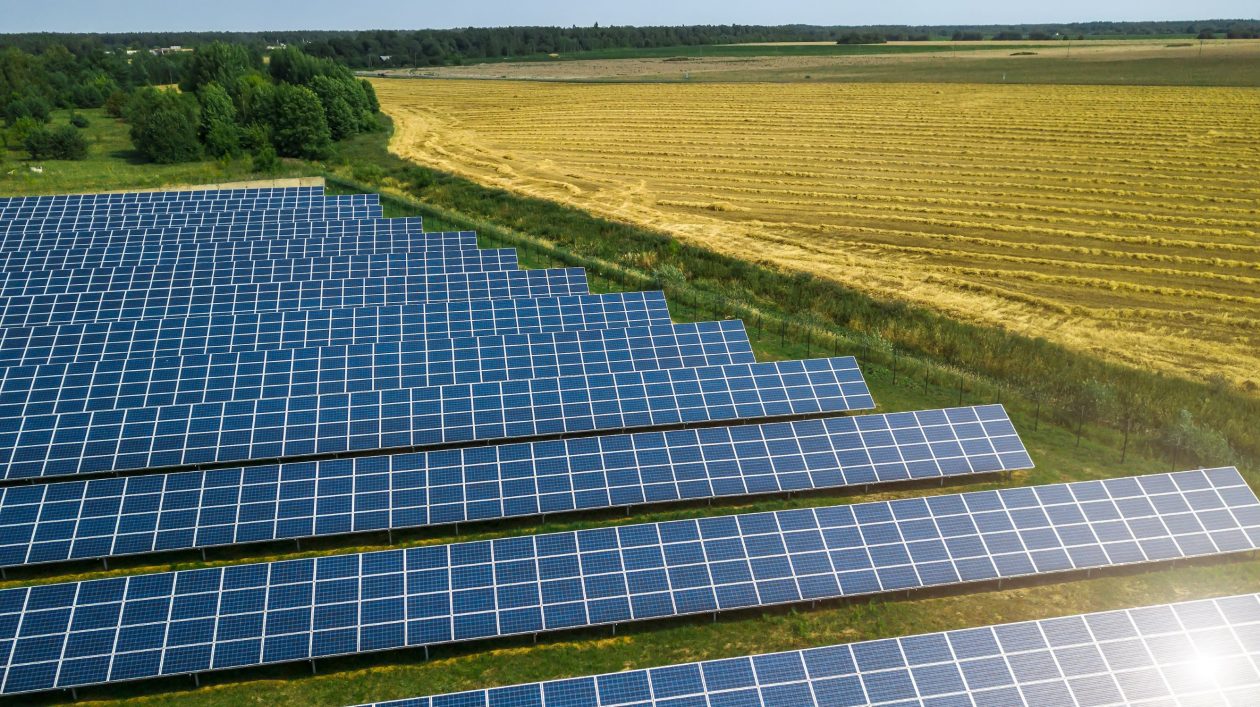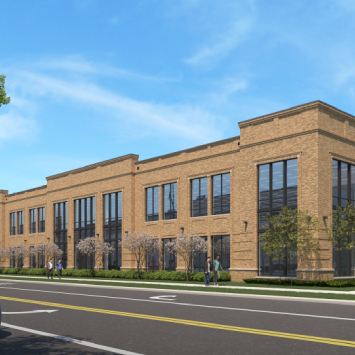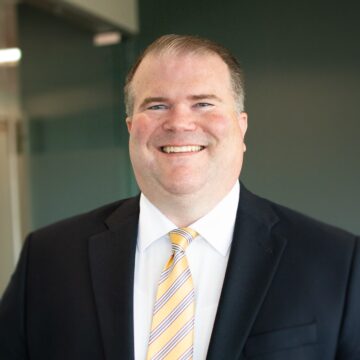With 13.9 million of acres of land and several large metropolitan areas, Ohio is a prime target for solar developers who are eager to promote solar energy generation near Ohio’s big electrical power users. We have had several clients receive offers for long-term leases for solar power development.

Leasing your property for a guaranteed amount of money in return each year instead of actively farming that land or leasing it to other farm operators might sound like a great way to make money. It very well could be, but there are also a lot of pitfalls that you need to be aware of and consider when making the decision whether or not to lease your property.
Are they proposing a lease or an option to lease (or both)?
First, you need to realize that even though you sign a solar lease, the lessee may not develop your land into a solar farm. In some instances, the “lease” is going to act as both an “option” agreement and a “lease.” This might not be apparent because the option usually isn’t referred to as an “option.” The option period might be called an “initial term,” or a “development term.” This option period is usually much shorter that the 20-30 years term the land might be leased for if the option is exercised. Typically, the developer pays a smaller amount of rent through this option period, but it isn’t obligated to commence construction or commit beyond this initial phase.
Make sure you understand the developer’s obligations with respect to the land, what they are required to do and for how long. If the developer exercises the option to extend the lease, the payments you receive are going to be higher going forward than the payments during the option period, because at that point the developer will have committed to actually producing energy on the property long term.
If you are being enticed by larger payments during the renewal period, you need to know the likelihood that you will ever be entitled to receive these payments. If you subject your farm to an option for five years at a lesser value, only to not have that option exercised, you might be missing out on a lot of money from other uses of the land over several years.
What happens once the solar lease is terminated?
Beyond the basic financial considerations, you need to consider what happens at the end of the lease term (or early termination). These solar leases can remain active for 10, 20, or even 30 or more years.
A lease can end either naturally, or upon termination due to a default. The natural end of the lease is when the stated term in the lease ends and no option to renew exists or is exercised.
A lessee can default under the lease for any number of reasons. For example, the lessee could go out of business at some point during the lease or it could just be unable to make payments under the lease. In such instances, you need to make sure that there is a way to evict the lessee from your property to reclaim the land. Some standard leases proposed by the lessee might not provide for this, so it is important to make sure that you have the right to retake your land if the lessee doesn’t perform under the terms of the lease.
Regardless of how the lease ends, it needs to be clear that the solar company is going to be responsible for removing all the equipment that it puts in place on the leased premises. You don’t want them to leave and stick you with the cost of removing the equipment from the property. This could be very costly to you and the risk of this should be weighed against the financial incentives of the lease.
Keep in mind, if the lessee goes out of business, or has issues paying under the terms of the lease, the solar developer might not be in a good position to cover the costs that are associated with removing the equipment from the property. To protect you against this situation, you may want to negotiate a solar decommissioning bond up front that will protect against this risk and defray some or all of the costs should this occur.
Do you need to worry about your liability to other landowners?
In addition to protecting your rights as a landowner under the lease, you need to make sure you protect yourself with respect to liability that might arise from interference with neighboring properties. There are many issues that might arise. For example, there may be certain agreements between property owners with respect to tile drainage systems that benefit both properties. You need to make sure that the installation of the solar equipment does not risk damaging the drainage systems in place. The depth at which the solar developer can install equipment on your property is an important point of negotiation to help keep any systems on your property intact. The bottom line is that you don’t want to be responsible for damage to the property of other landowners.
Are there any tax considerations?
You need to be aware of how the transition from agricultural use to solar use might affect the property taxes on the land and discuss who will cover this cost. In Ohio, agricultural use property is not valued based on its highest and best use, but on its current agricultural use value (CAUV). When property ceases to be used for agricultural purposes, the county can recoup some of the prior tax savings, and the tax value will no longer be based on the often-lower agricultural use. You need to make sure that the solar company is responsible for this cost because it could be substantial.
Who will be responsible for maintaining the property during the lease?
On any solar development, there needs to be some upkeep with respect to the property — controlling the grass, weeds, etc. Sometimes solar developers contract this out. The cost for contracting this out is usually per acre and developers will bring in someone to take care of this for them. If they are contracting it out, it can be negotiated up front so that the landowner might be able to take over some or all of the upkeep, which can defray the expenses of the solar developer and thus result in higher rent to the landowner.
Just as a solar lease may be a huge commitment for a landowner, it is likewise a huge investment from the point of view of the solar company, so it is going to push back when it comes to certain parts of the negotiation. Therefore, it is important to talk through all the aspects of a proposed solar lease with an attorney who is knowledgeable on the topic so that you make the arrangement work best for you and your property. Contact your CPM attorney or any member of our real estate & construction group if you have any questions or would like to know more.





0 Comments